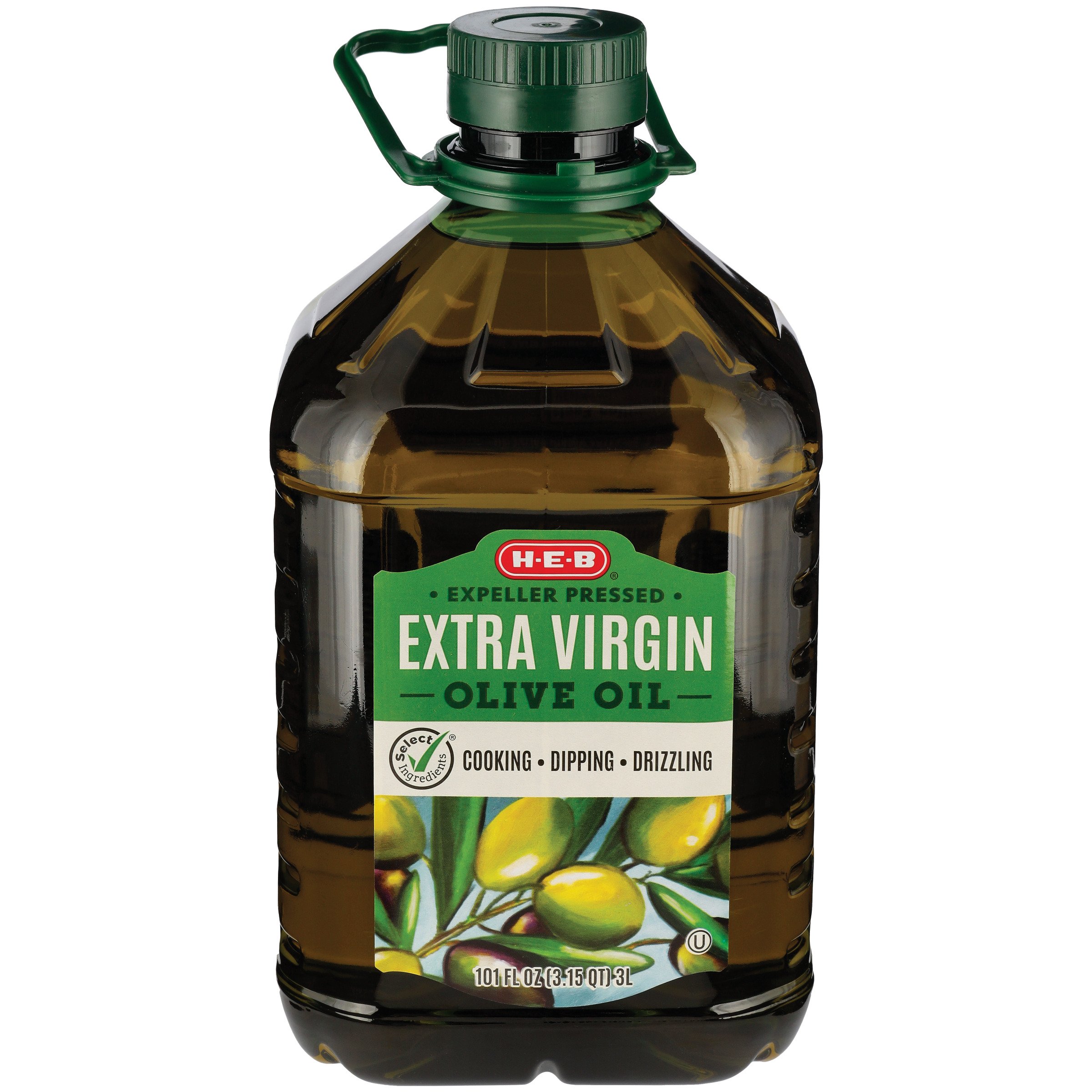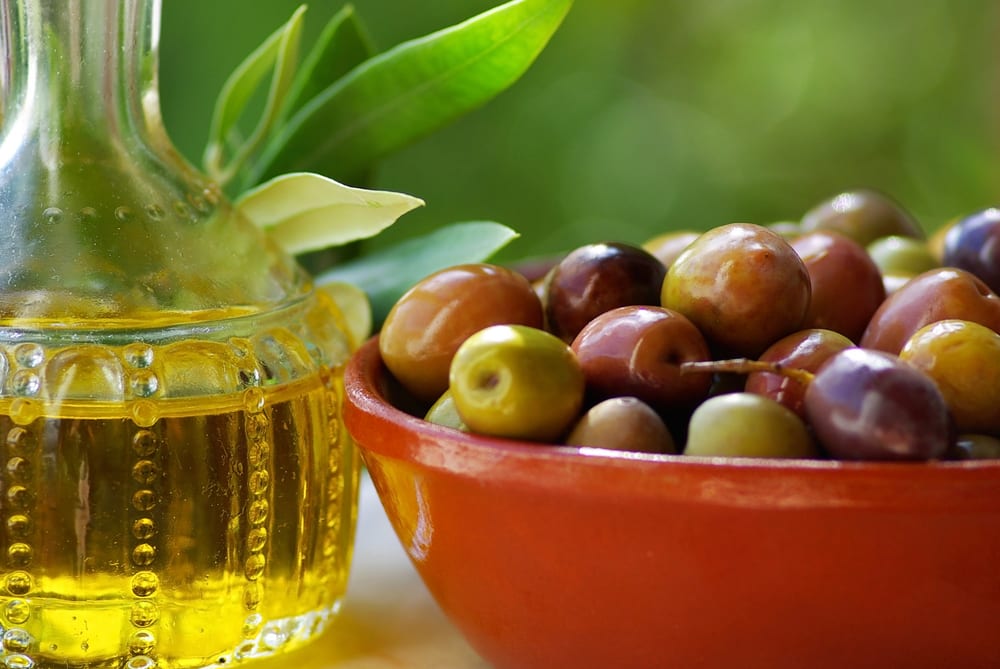Extra Virgin Olive Oil Benefits: A Natural Way to Reduce Inflammation
Extra Virgin Olive Oil Benefits: A Natural Way to Reduce Inflammation
Blog Article
Discovering the Various Kinds Of Olive Oil and Their Uses, Including Bonus Virgin Olive Oil
The exploration of olive oil incorporates a diverse array of types, each offering culinary applications and distinctive flavors. Extra virgin olive oil, renowned for its premium top quality and health advantages, serves as a staple in many kitchens, yet it is just one aspect of this diverse component.
What Is Olive Oil?
Originated from the fruit of the olive tree, olive oil is a staple in Mediterranean cuisine and a vital active ingredient in different culinary applications. This versatile oil is generated by pushing whole olives, leading to a fluid that varies in aroma, color, and taste relying on the kind of olives used, the area of growing, and the extraction procedure. Olive oil is mostly composed of monounsaturated fats, specifically oleic acid, which is understood for its possible health and wellness advantages, including anti-inflammatory properties and cardio support.
In enhancement to its cooking usages, olive oil has a long background of application in traditional medicine and skin care, owing to its abundant antioxidant content (extra virgin olive oil benefits). The oil is frequently made use of in dressings, marinates, and for cooking approaches such as sautéing and roasting. Its distinct taste profile can improve the taste of different meals, making it an essential active ingredient for both home chefs and professional cooks
Furthermore, olive oil is celebrated for its role in the Mediterranean diet, which is connected with various health and wellness advantages. As understanding of these advantages expands, olive oil remains to gain appeal worldwide as a fundamental component of a healthy and balanced way of life.
Kinds of Olive Oil
Understanding the various sorts of olive oil is important for both culinary fanatics and health-conscious customers. Olive oil is categorized primarily based on its removal approach and top quality, which dramatically influences its wellness, taste, and aroma benefits.

Light olive oil, regardless of its name, refers to a lighter flavor and not lower calories. It is excellent for those looking for a more subtle preference in dressings and sauces. Furthermore, there are flavored olive oils instilled with natural herbs, spices, or citrus, which can enhance dishes without the requirement for added flavoring.
Each kind of olive oil serves certain culinary functions, and comprehending these distinctions allows consumers to make educated selections that align with their food preparation styles and health goals.
Bonus Virgin Olive Oil
Bonus virgin olive oil (EVOO) is extensively considered as the finest quality olive oil offered, popular for its abundant taste and various health advantages. To be classified as added virgin, the oil has to be generated from fresh olives utilizing mechanical procedures, without making use of solvents or excessive warm. This thorough technique preserves the oil's natural flavors, antioxidants, and healthy fats, resulting in a product with a low acidity degree of less than 0.8%.
EVOO is bountiful in monounsaturated fats, particularly oleic acid, which is connected to lowered inflammation and enhanced heart wellness. It also includes polyphenols, powerful anti-oxidants that may offer protective impacts against persistent diseases. The taste account of EVOO can vary considerably depending on the olive variety and region of manufacturing, varying from fruity and verdant to robust and sharp.
:max_bytes(150000):strip_icc()/evoo-7c819bcdd0c343a7bae114cbc9baea2f.jpg)
Culinary Uses of Olive Oil

In food preparation, olive oil can be made use of for sautéing, toasting, and barbecuing, offering a much healthier choice to butter or various other fats. Its high smoke point makes it appropriate for numerous cooking techniques, while its anti-oxidants add to a heart-healthy diet. Sprinkling olive oil over ended up meals, such as pasta, fish, or smoked vegetables, can boost tastes and include a his response touch of style.
In addition, olive oil plays a considerable role in cooking, where it can replace conventional fats in dishes for bread and pastries, presenting moisture and a subtle preference. It likewise serves as a base for infused oils, enabling cooks to experiment with flavors such as garlic, natural herbs, or chili, further broadening its culinary capacity. Generally, olive oil's convenience makes it vital in both home and specialist kitchen areas.
Deciding On High Quality Olive Oil
When selecting top quality olive oil, it's important to think about numerous key aspects that influence the product's flavor, fragrance, and health advantages. Decide for additional virgin olive oil (EVOO), which is acquired from the initial cold pushing of olives and consists of the greatest levels of anti-oxidants and useful compounds. Seek oils that are certified by identified companies, as this commonly guarantees adherence to strict top quality standards.
The product packaging likewise plays a substantial role in protecting the oil's stability. Select oils stored in dark glass bottles or tins to shield against light deterioration. Focus on the harvest date; fresher oils use superior taste and nutritional worth, so pick products that are within 18 months of their harvest.
On top of that, take into consideration the beginning of the oil. Top quality olive oils typically come from specific regions understood for their unique flavor profiles, such as Italian, Spanish, or Greek oils. Be mindful of the preference; a great top quality olive oil need to have a balance of fruity, bitter, and peppery notes, indicating its splendor and complexity. By examining these elements, you can ensure over here you are choosing the most effective olive oil for your cooking demands.
Conclusion
In summary, the expedition of different types of olive oil discloses distinct attributes and applications, with additional virgin olive oil representing the peak of high quality because of its low acidity and high antioxidant content. Its adaptability in cooking uses enhances tastes in dressings, marinates, and showers. Recognizing the different ranges of olive oil enables for educated selections in cooking techniques, advertising much healthier practices while enhancing the total gastronomic experience. Quality selection stays crucial for optimum benefits.
Derived from the fruit of the olive tree, olive oil is a staple in Mediterranean cuisine and an essential ingredient in different culinary applications.The most typical types of olive oil include refined olive oil, pure olive oil, and light olive oil.Additional virgin olive oil (EVOO) is widely regarded as the highest quality olive oil readily available, celebrated for its abundant flavor and many health benefits. Decide for extra virgin olive oil (EVOO), which is obtained from the initial cold pressing of olives and consists of the highest possible levels of antioxidants and valuable substances.In summary, the exploration of different kinds of olive oil discloses distinctive qualities and applications, with additional virgin olive oil standing for the peak of high quality due to its reduced level of acidity and high antioxidant content.
Report this page